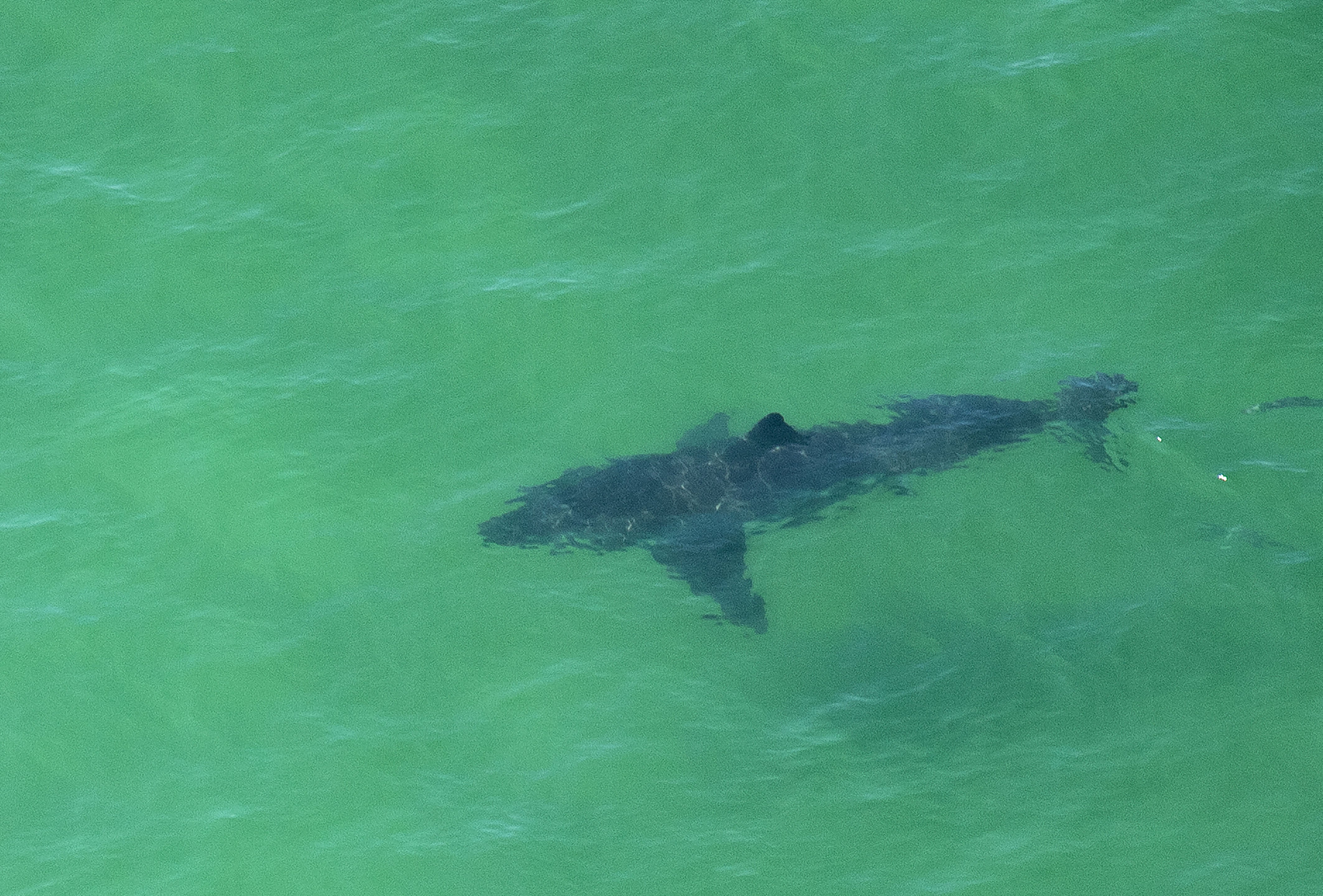Cape Cod’s great white shark numbers increase with researchers tagging more of the predators than ever
Scientists say they detected 118 of giant fish in 2020, up from 11 in 2013
Your support helps us to tell the story
From reproductive rights to climate change to Big Tech, The Independent is on the ground when the story is developing. Whether it's investigating the financials of Elon Musk's pro-Trump PAC or producing our latest documentary, 'The A Word', which shines a light on the American women fighting for reproductive rights, we know how important it is to parse out the facts from the messaging.
At such a critical moment in US history, we need reporters on the ground. Your donation allows us to keep sending journalists to speak to both sides of the story.
The Independent is trusted by Americans across the entire political spectrum. And unlike many other quality news outlets, we choose not to lock Americans out of our reporting and analysis with paywalls. We believe quality journalism should be available to everyone, paid for by those who can afford it.
Your support makes all the difference.The population of Atlantic great white sharks around Massachusetts’ Cape Cod peninsula has increased significantly, researchers say.
A total of 118 individual great white sharks were detected in 2020 off the coast by the Atlantic White Shark Conservancy, up from only 11 in 2013.
And the total number of recorded shark detections in the same period has jumped from 10,803 to 134,631.
Scientists say that back in 2010 only three acoustic receivers were used, compared to 65 last year.
“It’s important to remember that the receivers can only detect sharks tagged with acoustic transmitters, and there are still a lot of white sharks out there that haven’t been tagged,” Megan Winton, research scientist with the AWSC, told the Boston Herald.
“As scientists, we use the data collected from tagged sharks to give us an idea of what the population is doing as a whole.
“People should think of the data provided by the logbook the same way – as a proxy for shark activity off the coast.”
A total of 231 individual great white sharks have been tagged with transmitters since 2010.

But Ms Winton said that researchers have documented more than 500 of the sharks in the area. Using underwater video footage.
The average length of the tagged sharks is 11.6ft long and shark activity is greatest where seal density is at its highest.
“When you look at the detection data, there are two immediately clear takeaways: white shark activity is highest along Cape Cod, and the Outer Cape in particular, where seal densities are highest, and white sharks have been detected all along the coast of Massachusetts,” Ms Winton said.
“They don’t occur exclusively off of Cape Cod.”
Over the last four years the most shark detections have been in the month of August and the shark season extends until October,
In 2020 a total of 10 people around the world were killed by sharks, with just three in the United States, according to the International Shark Attack File.

Join our commenting forum
Join thought-provoking conversations, follow other Independent readers and see their replies
Comments